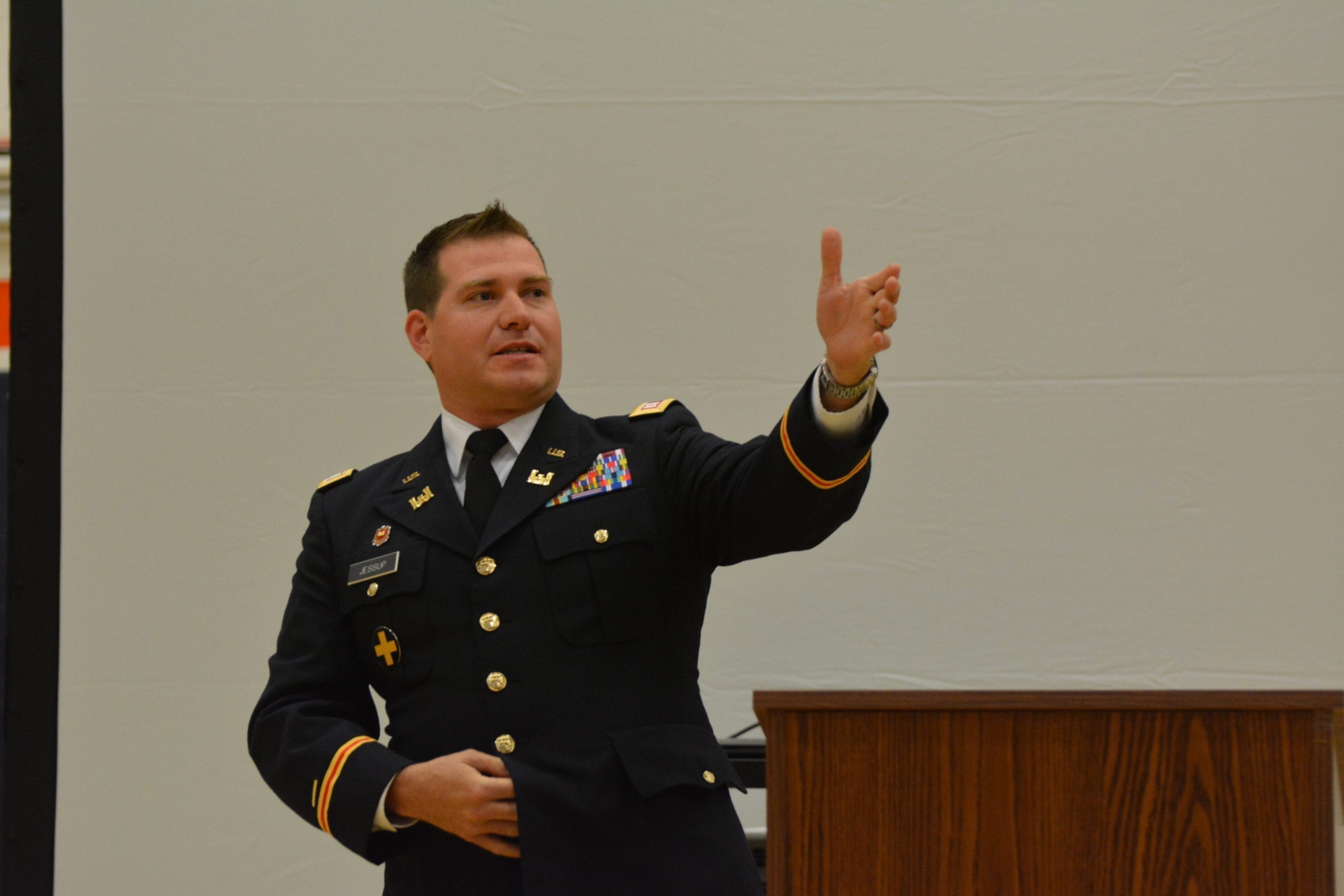Kroner bares his heart in new autobiography

Fred Kroner isn’t done telling stories.
After more than 50 years of work at The Champaign-Urbana Morning Courier, The Springfield State-Journal Register, The Bloomington Daily Pantagraph, The Champaign-Urbana News-Gazette, the Mahomet Citizen and the Mahomet Daily, Kroner has also published five books highlighting everything from the Eastern Illinois Baseball League to Brian Cardinal’s path to the NBA.
The journalist who started in junior high writing because the Mahomet Sucker State didn’t have the staff to cover junior high sports did not keep count of the number of stories he’s told, but at the beginning of 2019, he realized there was at least one more story to tell: his own.
Kroner’s book, From the Heart to the Heartland, is available locally by emailing fred@mahometnews.com or ordering from Amazon.
“I decided I was just going to go ahead and write my autobiography,” Kroner said. “I didn’t have any goals in mind. I didn’t know if it was going to be just a 50-page book or a 400-page book. I just knew I was going to tell my story; not necessarily in chronological order, but you sort of have to start in the early years and then build from there.”
Everyone from athletes to coaches, parents and teachers watched Kroner in the stands as he moved throughout high schools in East Central Illinois’ night after night. They saw his face regularly in the News-Gazette, wishing they could replicate the work he produced, and dreamed that they could also interview American speed skater Bonnie Blair or MLB Catcher Darrin Fletcher.
Most believed they knew Kroner: the way he carried his notebook and pen or how he always knew someone in every gym he visited.
But his autobiography takes both acquaintances and friends behind the scenes of his life as a son walking the soybean fields, to a husband and a father watching his own son compete and coach, talking about late night travel, deadlines and relationships that have lasted a lifetime.
There are familiar places and names scattered throughout the 233 pages, including some history of his hometown, Mahomet.
After a lifetime of cataloging the facts and stats of athletes and coaches, Kroner did not pause to write down the little nuances of his day-to-day life, so he relied on newspaper clippings and poetry he’d written to help draw up memories of both triumph and pain.
The son of Naomi Hillman and Jim Kroner, Fred vaguely remembers the landscape before I-74 passed through town.
“My mom and I would be driving home, and as we passed a certain point about a half-mile west of what is now Prairieview Road, she’d say, ‘We’re now driving on what was once our farm land,’ Kroner wrote in his book.
“My parents had left that farmstead about seven years before the highway was built, so I don’t know exactly how much acreage was taken away from the property. All I know is that the pasture land, where I had ridden on the fender of a tractor going about 3 mph was now a concrete pathway where our car was traveling 60-plus mph.”
Unlike his career in journalism, Kroner could take a more subjective approach to his own story. While the vast majority of the stories included are positive, he does not refrain from bittersweet memories, like the times he was able to spend with his grandfather and perhaps his best friend, Fred Kroner, or how his mother missed his only home run.
But, he was not willing to go strictly from memory when recording some of the details in the historical record. For example, Kroner could not find a record of how long his grandfather’s dental office was in Mahomet or for how long he was the only dentist in town.
“I wasn’t going to put in there, something that I know to be true, if I couldn’t verify it and have some dates,” he said.
He bared his heart in talking about a longing for siblings and the lonely days walking the soybean fields with the Cubs game playing in his ears while also the feeling of freedom while running from school to downtown Mahomet during lunch to purchase baseball cards.
Kroner’s love for sports was not fostered with a ball in his hand, rather the man who now stands at 6’2” was not a basketball star at Mahomet-Seymour—didn’t even earn his athletic letter as the team manager—but gained his notoriety through writing about those who came after him.
Now, in a town that has grown from 1,300 residents to 15,000, Kroner will be one of the honorees of the Class of 2020 Mahomet-Seymour Hall of Fame for the tireless work he’s done as a Bulldog alumni.
Prior to the honor, just of few of Kroner’s honors included Illinois recipient of Sportswriter of the Year by the National Sportswriters and Sportscasters Association in 2001; inducted into the Illinois Basketball Coaches and Officials Association Hall of Fame in 2009; nominated for a Pulitzer Prize in 1985; Newsman of the Year Award for the entire state by the Illinois Wrestling Coaches and Officials Association in 1984,1988, 2000 and 2009; won the Distinguished Media Award in 2015; and Softball Writer of the Year as chosen by the Illinois Coaches Association in 2008.
He was also inducted into the 2020 Illinois Wrestling Coaches and Officials Association Hall of Fame.
What some don’t know, though, is that Kroner has written poetry just about as long as he’s been a journalist.
“I wanted to make sure that the poetry was in there because I thought that would present a side that maybe people didn’t know about,” Kroner said. “This could show if there was some growth in what I was writing back then and what I’m writing now. It’s changed.”
Kroner’s poetry selections span everything from long-form poetry recalling the first moments of love to making sense of the world around him through haiku.
Just like his ability to write, Kroner wanted to make sure that his autobiography was diverse. He knew not every reader would be interested in poetry, and others might not be interested in his life story, so both were included. He hoped to be able to reprint popular stories from his five decades of work, but copyright issues prevented him from including those pieces.
He was able to include a story about his son, Devin, though.
Devin’s role as head coach at Buckley Christ Lutheran, led Kroner to the gymnasium not as a sportswriter, but as a father, wanting to experience his son’s career.
“It’s a very personal story,” he said.
Among the big names and experiences that Kroner tells in his book, there are none more important than the “blessing” of his son’s birth, the excitement of watching his wife, Emily, open her pie shop, Lucky Moon, the friendships that have carried on from childhood and those that have lasted longer than a headline.
“There’s always a new chance to tell somebody else’s story,” Kroner said.
“There are other challenges out there. There’s another story to tell just around the corner.
“I look forward to that. For me, that’s exciting.”





